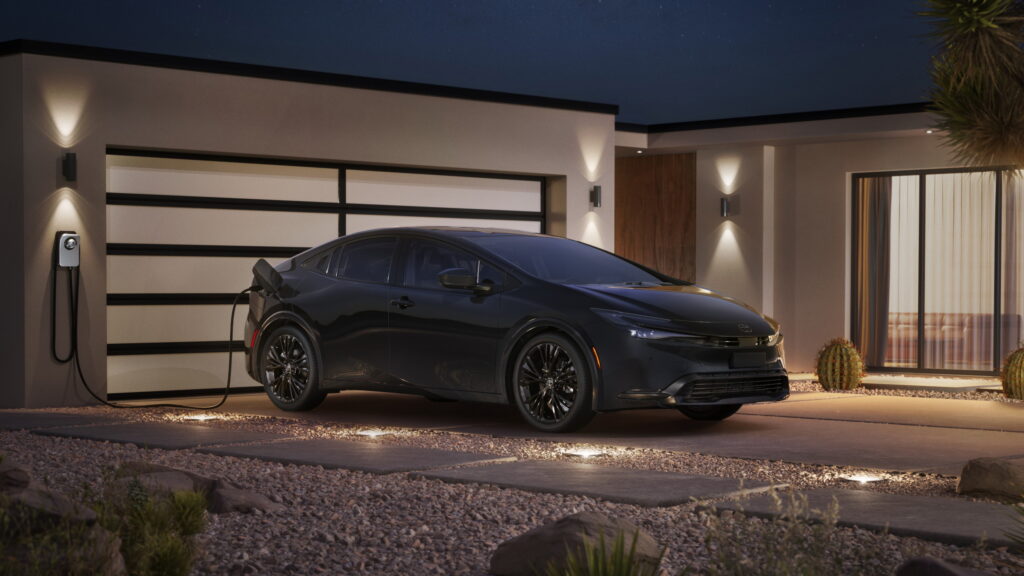An Innovative App for Electric Vehicles from Toyota
Despite the rapid development of electric vehicles, many drivers, especially owners of hybrid models, ignore the need for regular charging. Toyota’s research shows that plug-in hybrid owners often use them as conventional fuel-powered vehicles, avoiding connection to the grid. This is surprising, given that they paid extra specifically for the ability to drive on electricity.
ChargeMinder: Turning Charging into a Game
To solve this problem, the company developed the ChargeMinder app, which uses principles of behavioral science and game mechanics. Instead of a boring chore, charging becomes an interesting challenge with rewards and notifications. Experiments in the US and Japan have already shown positive results.
Why is Technology Not Enough?
As Toyota notes, technology alone does not reduce emissions. To achieve the maximum environmental benefit from BEVs and PHEVs, not only regular charging is needed but also choosing the right time when the grid is dominated by clean energy. ChargeMinder helps achieve this through personalized hints and motivational messages.
Dr. Laura Libby from the Toyota Research Institute emphasizes: “Small, targeted interventions can have a major impact on people’s decisions and actions.”
Test Results
In the US, thanks to the app, the charging frequency of PHEVs increased by 10%, and user satisfaction – by 16%. In Japan, drivers became 59% more likely to charge their vehicles during peak renewable energy production, and the average connection time increased by 30 minutes per day.

The Future of the Project
TRI plans to expand the functionality of ChargeMinder, making it even more personalized. Although a public release has not yet been announced, its global implementation seems only a matter of time. Such tools could significantly reduce the carbon footprint of transport without significant costs.
This approach demonstrates that even simple solutions based on an understanding of human psychology can effectively change behavior. For the future of electromobility, such initiatives could become key, as technical progress must be supported by social innovations.


 by
by 
